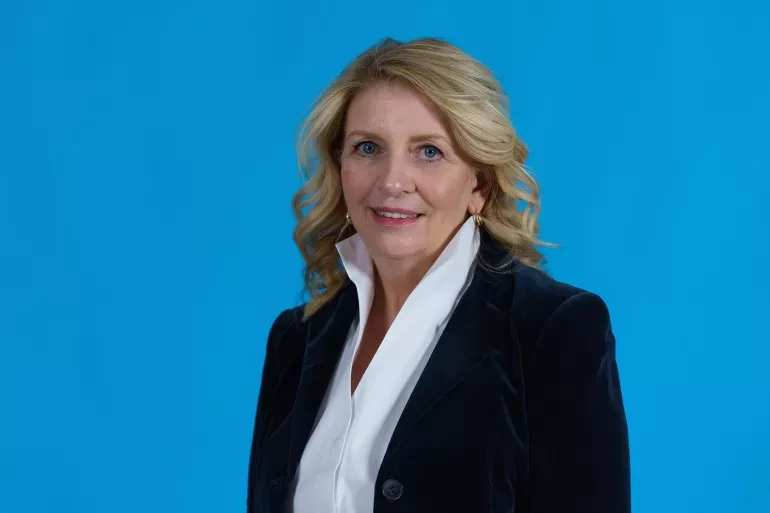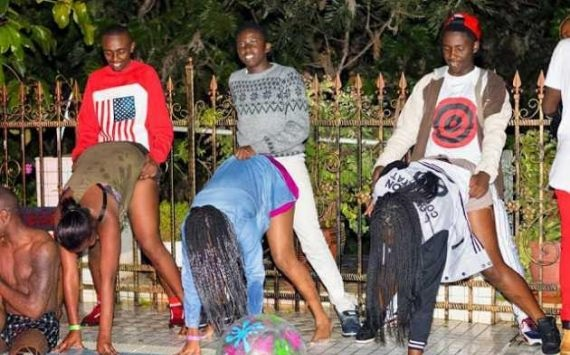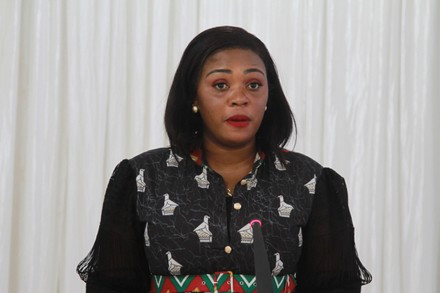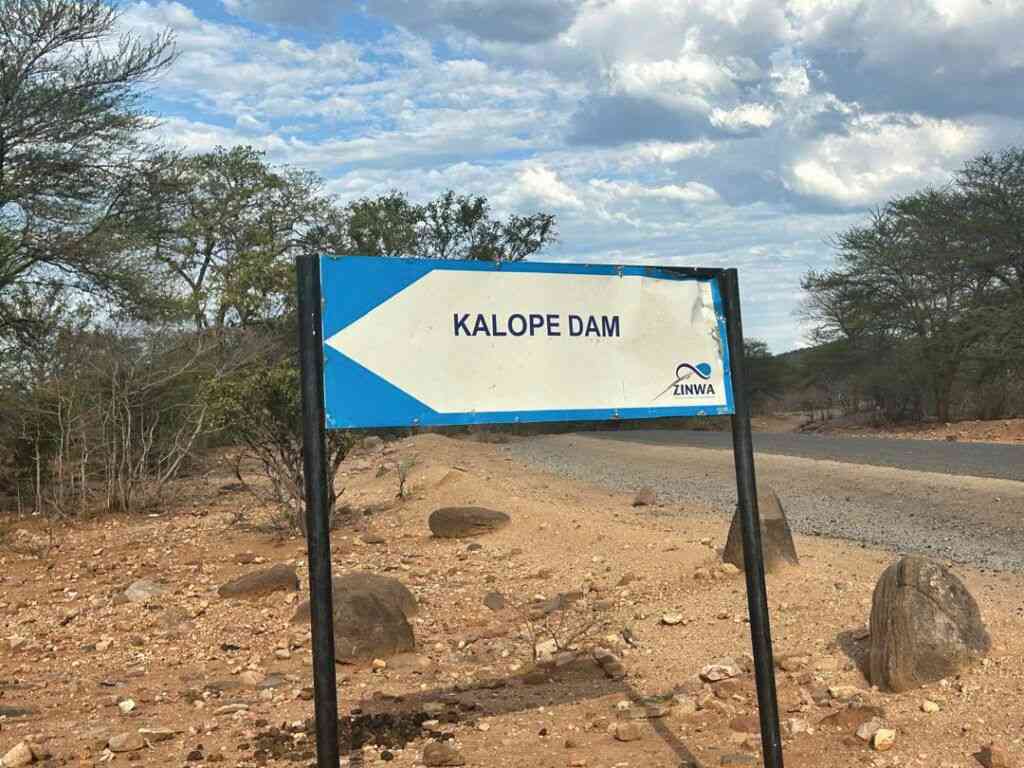
THE United Nations Children's Fund (Unicef) and the Korea International Cooperation Agency (KOICA) have signed a landmark US$39 million climate grant to help facilitate the delivery of climate-smart social services in the east Asia Pacific region and the eastern and southern Africa regions.
The funds, according to the UN agency, will support and strengthen the resilience of vulnerable communities in the face of the growing impacts of climate change.
This includes improving access to essential services like healthcare, education and child protection, while also incorporating climate adaptation strategies.
According to a statement released this week, the fund represents the single largest grant received from the Korean government with the total grant pegged at US$39 million.
Of the total amount received US$29m was allocated to the east Asia and Pacific region, while US$10m will be disbursed to the eastern and southern Africa regions.
More than 120 000 people (of which 48 000 are children) will access climate-smart social services and infrastructure across five countries namely: Comoros, Papua New Guinea, Solomon Islands, Timor-Leste and Zimbabwe.
Unicef executive director Catherine Russell said the three-year programme would be implemented in close co-ordination with national governments and local stakeholders to ensure the interventions are tailored to the specific needs and contexts of each target country.
“Unicef is grateful to the government and the people of the Republic of Korea for their support for children on the frontlines of the climate crisis,” said Russell.
“KOICA’s climate funding will help to build community resilience and ensure that children have access to essential services and supplies like healthcare, education, water and food even when climate-related disasters strike.”
KOICA vice-president Jungmee Sohn said the partnership would strengthen climate-smart social services in Asia (Papua New Guinea, Solomon Islands and Timor-Leste) and Africa (Comoros and Zimbabwe).
“These countries were selected based on KOICA’s dual priorities of supporting fragile and or conflict countries and aligning with the Korean government’s commitment to addressing the interlinkages among the humanitarian, developmental and peace interventions.
“KOICA’s climate grant will help Unicef to strengthen the climate resilience of essential service systems to protect children and communities, as the selected regions in Asia and Africa are among the most disaster-prone and vulnerable in the world,” said Sohn.
“The government of the Republic of Korea under its vision of a Global Pivotal State is committed to leading the world on a sustainable path, pro-actively tackling the climate and environmental crisis head-on.”
Unicef director of programme group leadership team, George Laryea-Adjei commended the partnership with the organisation as a significant step towards a healthy, sustainable world for children and future generations.
“The world is at a crossroads. We can head down a path that threatens to reverse the tremendous gains in child development, survival and well-being or we can seize the moment, strengthen our commitment and mobilise our collective will to create a healthy, sustainable world fit for children now and for generations to come. This partnership is a major step in the right direction,” Laryea-Adjei said.











